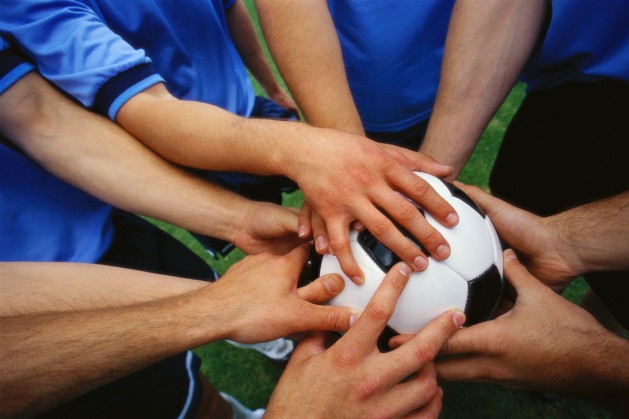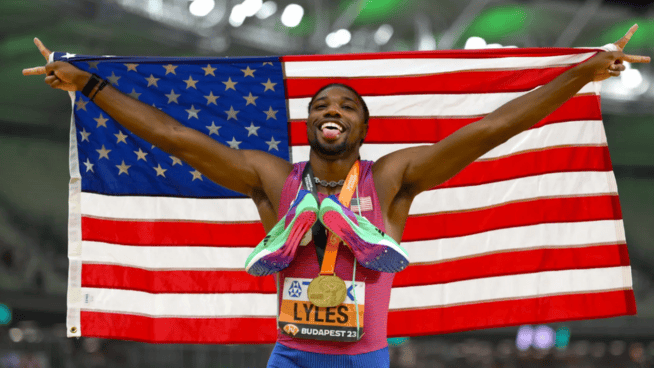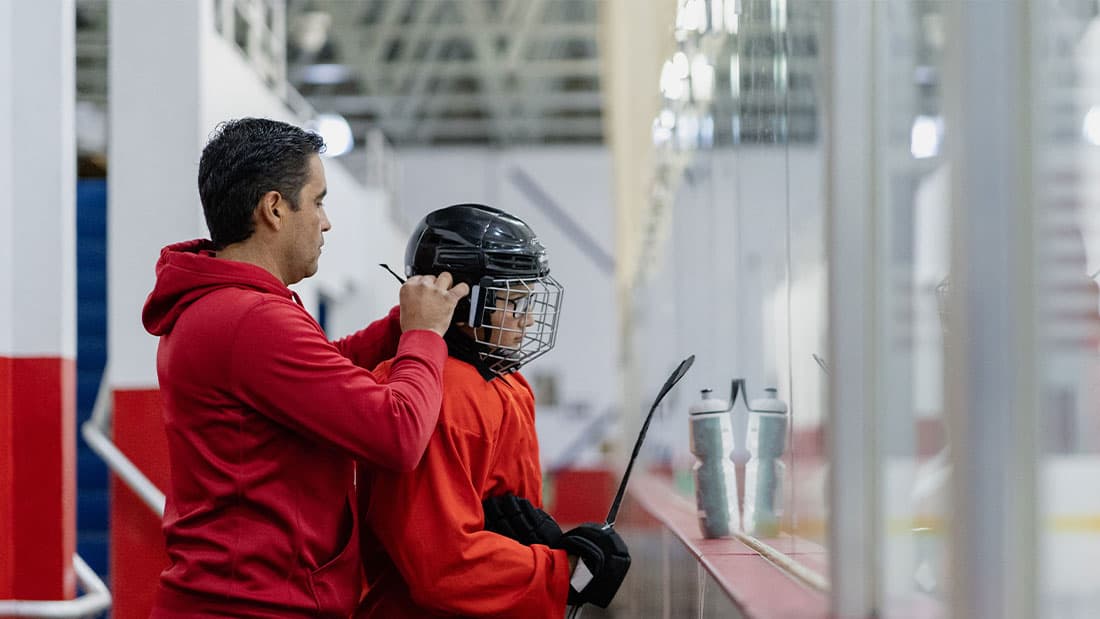Recent studies are reporting positive results from the use of sports psychology in athletes’ training, raising the question, why is psychology so important for athletes?
Better Athletic Performance
One objective is to help athletes meet their performance goals. Whether a golfer wishes to improve his score, a swimmer her times or a football player his technique, the mind is one key to better athletic performance. Among the most prominent techniques is visualization, which requires the athlete to concentrate on imagining himself or herself performing successfully. Brian Mackenzie, a performance coach for the United Kingdom Track & Field team, uses visualization with his athletes to improve their confidence heading into major competitions.
Improve Team Chemistry
Many sports require people to work together as a cohesive unit. But mixing different personalities, biases, opinions and egos together can make building team chemistry extremely challenging. A common approach is to use communication exercises, involving, for example, listening skills and body language interpretation. The goal is for team members to improve their understanding and appreciation of each other. Better communication results in better teamwork, which translates to more wins.
Mental Health
A third area where sports psychology has value for athletes is improving their mental health. Competitive sports are inherently stressful. If an athlete becomes overanxious, it can have detrimental effects, including self-doubt and low self-esteem, which can impact other areas of his or her life. With a basic understanding of mental health concepts, coaches and athletes will be able to recognize negative signs and take action to prevent anything serious from happening. They can also participate in baseline tests to help avoid mental regression.
photo credit: samingersoll.com
RECOMMENDED FOR YOU
MOST POPULAR
Recent studies are reporting positive results from the use of sports psychology in athletes’ training, raising the question, why is psychology so important for athletes?
Better Athletic Performance
One objective is to help athletes meet their performance goals. Whether a golfer wishes to improve his score, a swimmer her times or a football player his technique, the mind is one key to better athletic performance. Among the most prominent techniques is visualization, which requires the athlete to concentrate on imagining himself or herself performing successfully. Brian Mackenzie, a performance coach for the United Kingdom Track & Field team, uses visualization with his athletes to improve their confidence heading into major competitions.
Improve Team Chemistry
Many sports require people to work together as a cohesive unit. But mixing different personalities, biases, opinions and egos together can make building team chemistry extremely challenging. A common approach is to use communication exercises, involving, for example, listening skills and body language interpretation. The goal is for team members to improve their understanding and appreciation of each other. Better communication results in better teamwork, which translates to more wins.
Mental Health
A third area where sports psychology has value for athletes is improving their mental health. Competitive sports are inherently stressful. If an athlete becomes overanxious, it can have detrimental effects, including self-doubt and low self-esteem, which can impact other areas of his or her life. With a basic understanding of mental health concepts, coaches and athletes will be able to recognize negative signs and take action to prevent anything serious from happening. They can also participate in baseline tests to help avoid mental regression.
photo credit: samingersoll.com












